From cradle to chaos: My infant son’s journey through war and displacement in Lebanon
By Hiba Morad
Being forced out of my home in the southern suburbs of Beirut with my husband and our 7-month-old son while missiles whistled around us is not a pleasant memory I wish to recall.
However, I will share these painful experiences with my child one day when he grows up, and perhaps with my grandchildren later on. By that time, there will hopefully be no such thing as an Israeli apartheid and occupation regime, but rather a free Palestine and peaceful Lebanon.
To avoid misunderstanding, as Muslims, we have no issues coexisting with people from other faiths, be they Christians, Jews, Druze, or others. We are taught that people are either brothers in faith or equals in humanity. Humanity brings people together, irrespective of religious differences.
Judaism is undoubtedly a faith but Zionism is not and it is inaccurate to label it as such. Zionism is a fascist hate-driven political movement that feeds on the blood of people and uses settler-colonialism as a tool to depopulate Palestine of its original inhabitants.
Now that I have been driven out of my homeland, I wish to share some important stories about the Israeli aggression on Lebanon and why the settler-colonial entity will never succeed.
Is this really happening?
The latest war against Lebanon escalated rapidly and frighteningly. Like many other Lebanese, my husband and I thought it would be a matter of days before things return to normal—similar to the hit-and-run tactics Lebanon has experienced over the past decade or the bombing of empty city outskirts.
The war on southern Lebanon began on October 8, 2023, Hezbollah joined Operation Al-Aqsa Flood, but no one anticipated the all-encompassing aggression that we are witnessing today.
We went out that day for some shopping, and by the time we returned home to the Bekaa Valley, the Israeli airstrikes had begun like never before. It was as if hell had broken loose.
The strikes, however, were relatively distant that night, and I kept telling myself that this would end soon. We were not strangers to Israeli occupation and its aggression.
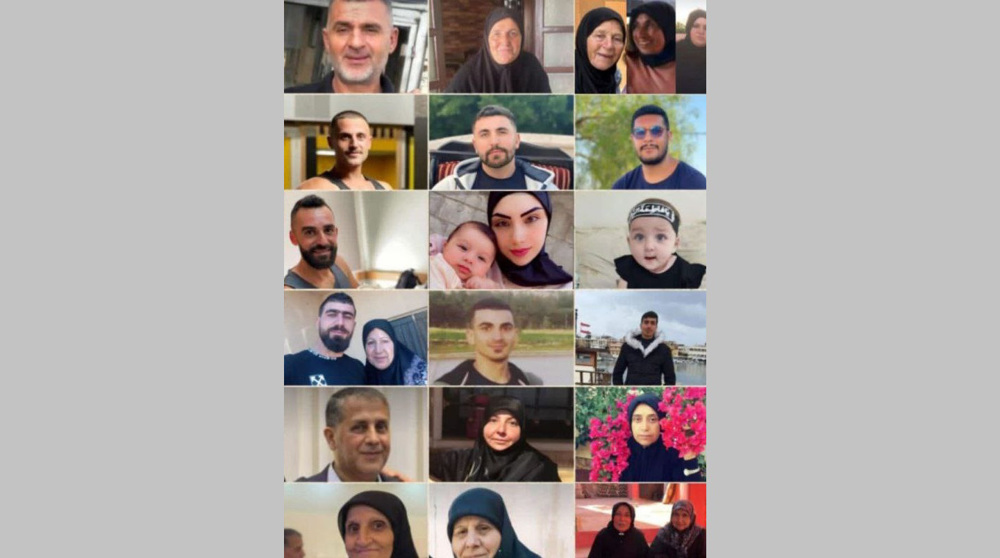
Will shattering glass shred my baby’s body?
On the second day, the raids remained limited and focused further east in Lebanon. The night of September 24 was hauntingly unforgettable. For the first time in my life, I was able to understand the anguish that Palestinian mothers, especially those in the besieged Gaza Strip, had to endure.
The bombings were escalating, becoming closer and more intense. I looked around the house and decided that we should stay in the living room downstairs, as its wall was adjacent to our garden, where we usually spent our early morning hours peacefully, enjoying breakfast and a cup of tea.
It was considered the safest place, to my understanding, but in reality, there is truly no safe location in Lebanon that can shield you from Israeli strikes. My engineer husband tried to calm me down by looking into my eyes and assuring me that we would be okay, but I continued to be restless.
I quickly opened the sofa beds and positioned them next to the inner wall, still contemplating the safest corner for my baby, who had fallen asleep an hour ago.
However, I couldn't bring myself to let go and continued to hold him in my arms. I placed my baby on the sofa bed and sat crosswise, leaning my back against the wall.
All I could think about was what I would do if something happened—if the windows shattered or the wall collapsed. I would throw myself over his tiny body to protect him.
He is a cheerful little baby who has just begun to explore the world around him—the trees, birds, flowers, and skies each morning, as well as the tiniest details of his surroundings.
This marks the beginning of his baby-led weaning journey, during which he is starting to experience a variety of textures and flavors in food.
The raids were becoming alarmingly close. But why would they target our area? It is a non-military zone, filled with numerous tourist attractions, wedding venues, and vineyards. This small neighborhood is lively, with the sounds of wedding music and fireworks echoing almost every night.
Amid all these confusing thoughts and emotions, my mind kept returning to my son and the people of Palestine. How can these mothers endure the tattered bodies of their small children?
What must it feel like to write their children's names on their bodies, so that if they are bombed, their little bodies could be identified? What is the fault of these people whose land, property, rights, and freedoms have been usurped, and who are denied the right to resist or even the right to live?
In the face of a merciless Israeli apartheid regime, are we becoming another Palestine? If we are targeted, will my baby's body be shredded, or will the extreme heat of explosions and fire reduce his tiny body to ashes? The relentless barrage of thoughts in my mind is overwhelming.
A sleepless night
That night, my eyes were wide open, and with every booming sound, a shiver would rush down my spine. I reassured myself that it was not close enough to harm us, though it could be injuring or killing others somewhere in my own country.
The aerial raids were drawing nearer, and the most terrifying sounds in aviation that I have ever experienced were intensifying—the sonic booms. It was all becoming overwhelming.
The frequency of the raids was increasing, resembling an unending bombing campaign. With nearly every explosion, we could feel the walls and windows tremble, and the curtains, which I had closed to minimize the risk of shattering glass, were billowing and falling like parachutes.
At approximately 5:12 a.m. that night, the atmosphere was calm once more, as if nothing had occurred.
Within minutes, I collected a few clothes, our passports, and some luggage, and we departed from our beloved home, marking the beginning of our journey of displacement.
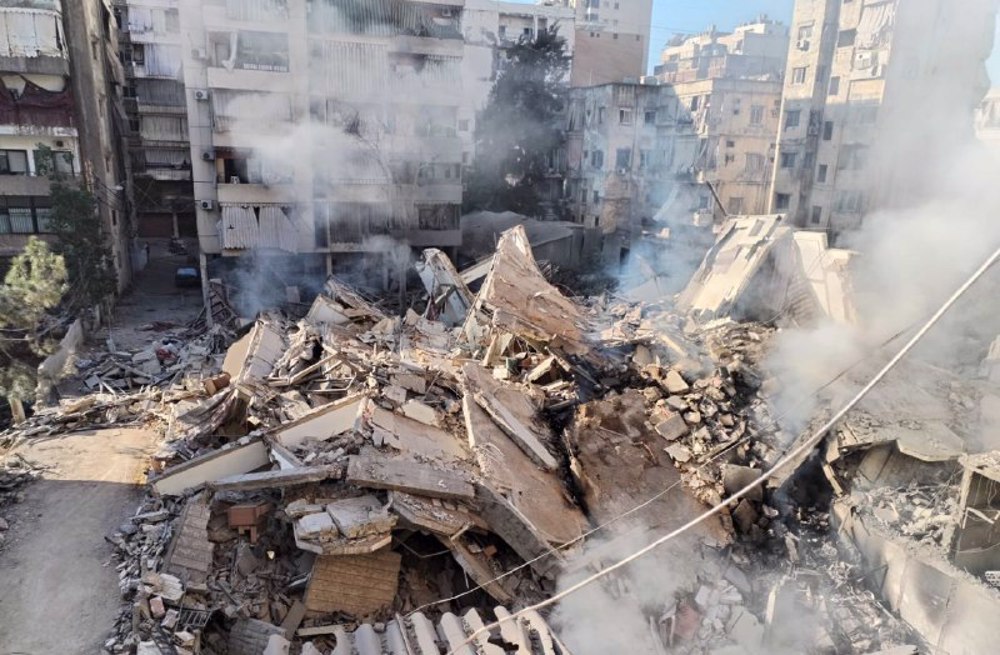
Our eternal leader
Many of us still have not come to terms with his passing. It was a setback more than anything else. A void that can never be filled. A wound that can never really heal.
They assassinated him thinking it would end the resistance movement in Lebanon and people would surrender. But Sayyed Hassan Nasrallah taught us that we should not fear those who can kill the body but cannot kill the soul.
He inspired us to support the oppressed, regardless of their ethnicity, color, or geographical location, as it is our duty. This commitment embodies the true essence of Islam and humanity.
Sayyed Hassan asserted that we were heading toward a certain victory. “We will certainly triumph” is the phrase he wrote alongside his signature, and we all shared it on our social media accounts.
This strong belief is engraved in our hearts and minds. We learned to embrace our martyred leader's unwavering faith in God, as well as his ethics and honesty.
He stated in 2006 that the time of defeats was over, and now was the time for victories, and that is indeed the case. He proved it and his fighters keep proving it every single day.
When the news broke, it sounded surreal. Some looked around in denial, smiling and saying he would appear to talk to us soon, others broke down in tears. It was unbelievable.
But now, after some time, we know for certain that he lives within each and every one of us—children, women, and men. The Israelis do not understand that by killing him physically, he became eternal, and we became more determined than ever to end the Israeli occupation.
Anniversaries commemorating our martyrs and martyr leaders will fill our calendars, and future generations will be more aware than ever of Israeli atrocities and the courage of the resistance.
They are not mere numbers
On Sunday, the Lebanese Ministry of Health reported that the death toll from the Israeli aggression in Lebanon has risen to 3,645 martyrs, with 15,355 others wounded.
As media outlets report on the casualty count, they often reduce human beings to mere numbers.
Among these statistics are three of my cousins, numerous distant relatives, neighbors, and friends with whom I shared beautiful moments and unforgettable experiences.
Among them were 23 relatives and neighbors who were displaced from the southern town of Aitarun, only to be killed in an Israeli raid in Zgharta, where they sought shelter.
The scenario I always feared for my own child has tragically unfolded for our infant relative.
She is not just a number. Her name was Rokaya Issa, and she was destined for a bright future. It is profoundly painful to witness innocent civilians—both women and men—being killed, and to see the tiny bodies of infants in Palestine and Lebanon being torn apart while the world watches in silence.
Like many others who were martyred, they were sleeping, eating, watching TV, and going about their daily activities when their homes collapsed on them due to Israeli missiles.
Each of these individuals had a home, a life, a family, a future, and a loving heart. When the war ends, and indeed it will, nothing will be the same again.
We will rise from ashes
The cost of war is always high. Just days into this war, I can confidently say that all Lebanese citizens in southern Lebanon, the Bekaa Valley, and Dahiyeh have been affected in one way or another.
On a humanitarian level, it is heartbreaking to witness the destruction of our homes, which hold cherished memories of our lives. It is even more painful to see our loved ones suffering from injuries or to feel the profound longing for those who have been martyred, knowing we will never see them again.
After two weeks of the ongoing war, with Israeli bombs raining down on civilian areas and residential buildings, we learned that our apartment in Beirut’s southern suburb was turned into piles of rubble.
Our home in the Bekaa suffered significant damage. It still stands, but it requires major reconstruction. However, despite all the pain, there is one undeniable truth: all the destruction, fear, killing, and trauma do not truly matter. What matters is the resistance.
If and when necessary, we will sacrifice everything to defend our land, dignity, and freedom. The resistance and its fighters, unlike the "imported" Israeli mercenary soldiers, are Lebanese citizens defending their mothers, fathers, siblings, children, and neighbors from Israeli aggression.
Like in 2006, when the resistance triumphed over Israel's 33-day aggression against Lebanon, we will rise from the rubble again and the victory will be ours.
One thought will haunt me forever though, how did these mothers bear the sight of their babies or other loved ones being shredded to pieces in Israeli bombings?
Hiba Morad is a Lebanese journalist.
(The views expressed in this article do not necessarily reflect those of Press TV.)
VIDEO | An unchecked presidency
VIDEO | Deportations strain Afghanistan’s fragile economy
‘Full-scale atrocity’: Iran security body reports 2,427 martyrs in US-Israeli-led riots
Smallest coffins are the heaviest: The three youngest victims of foreign-backed riots in Iran
Hamas warns of ‘systematic Israeli violations’ as Gaza ceasefire teeters
Israeli strikes kill 11 across Gaza, including children and journalists: Palestinian medics
US forces transferring Daesh prisoners from Syria to Iraq: CENTCOM
Press TV's news headlines


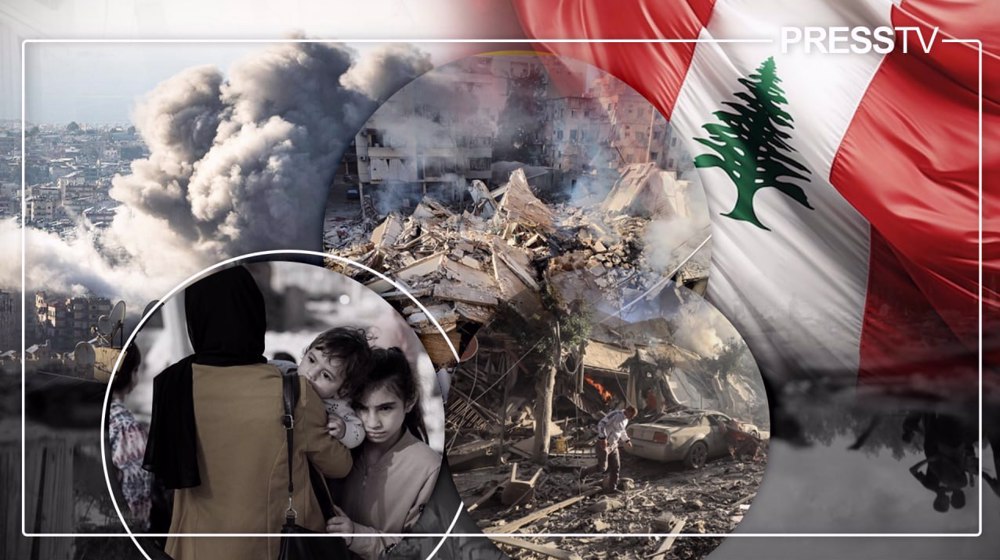
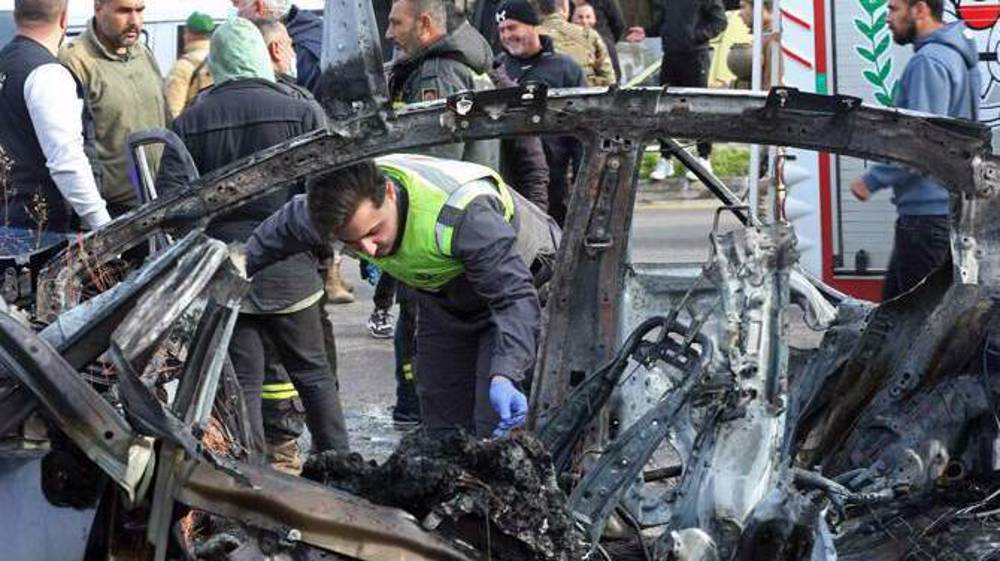
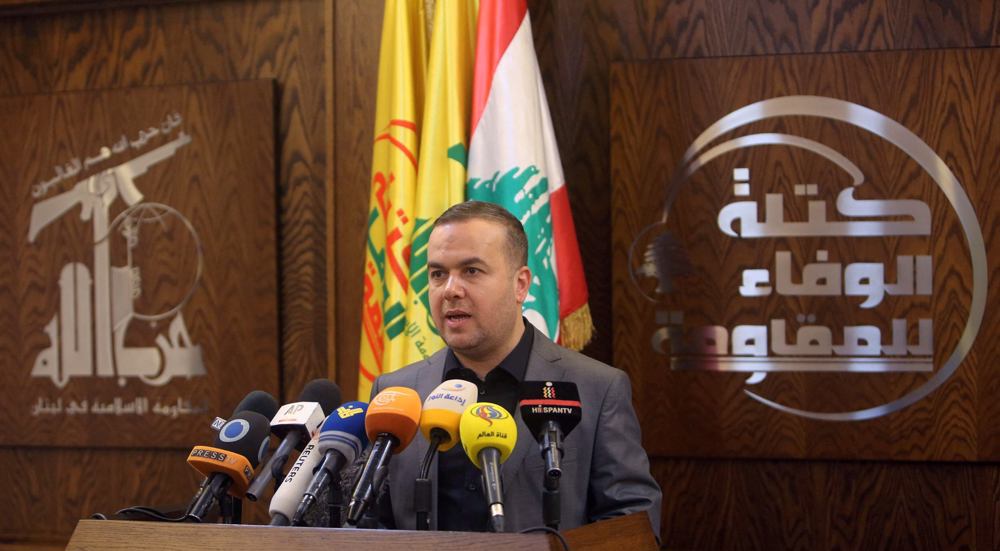
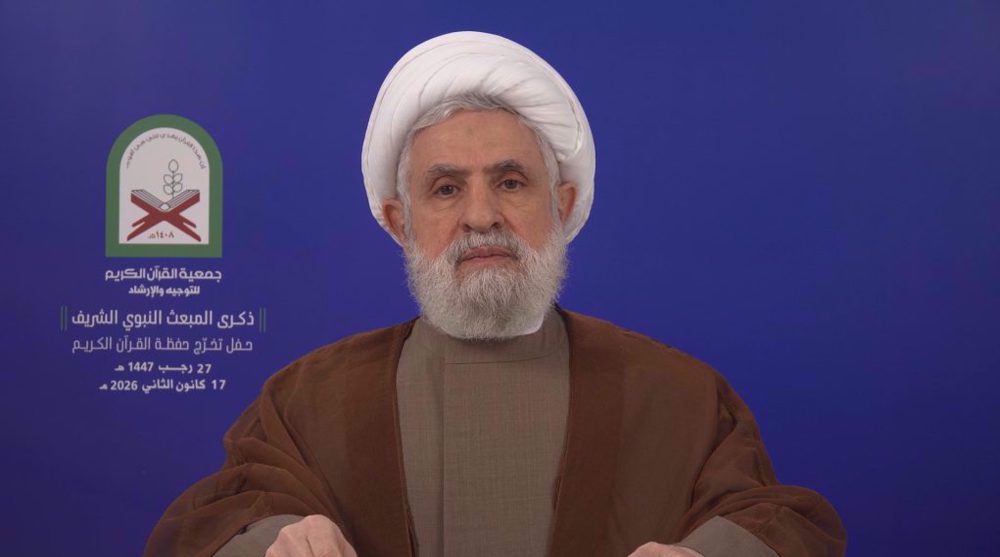



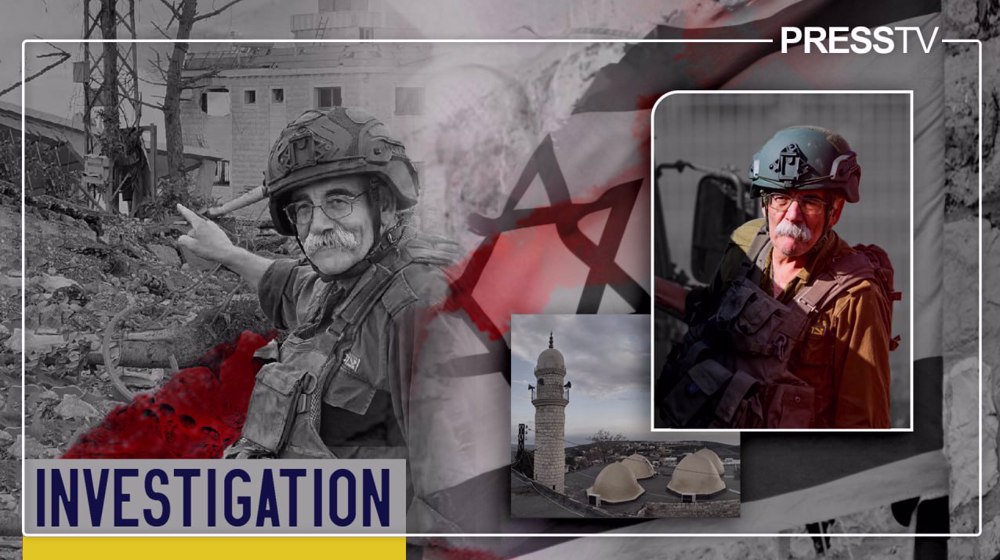
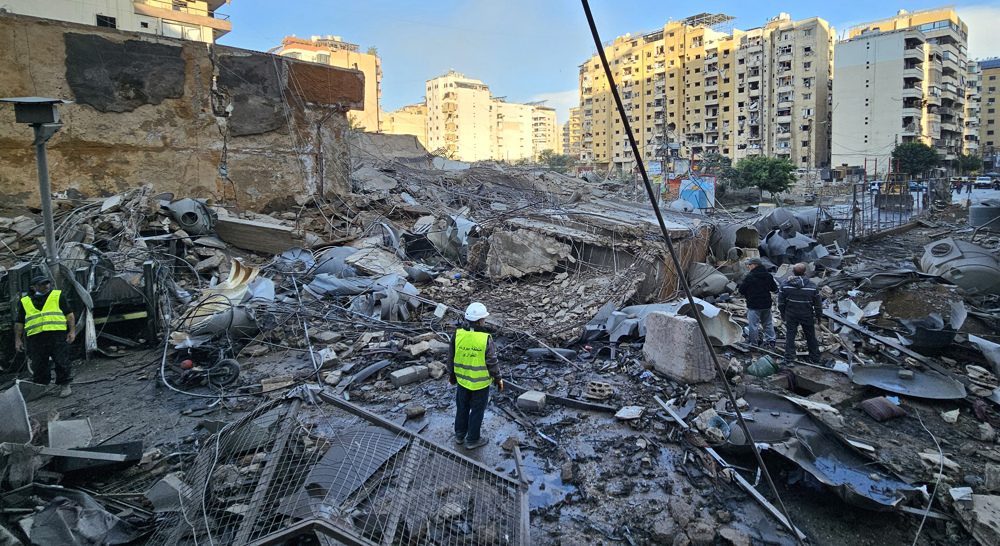
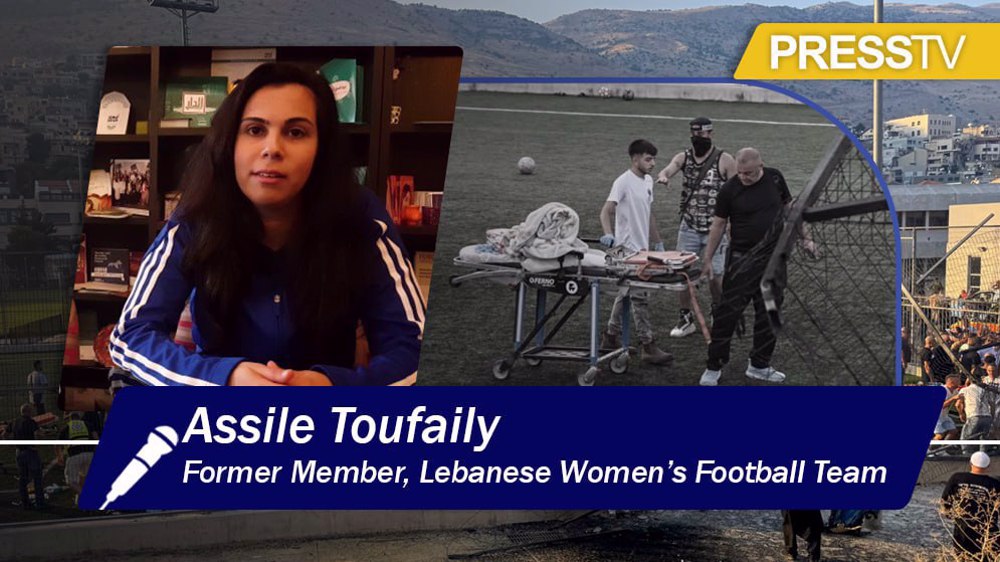
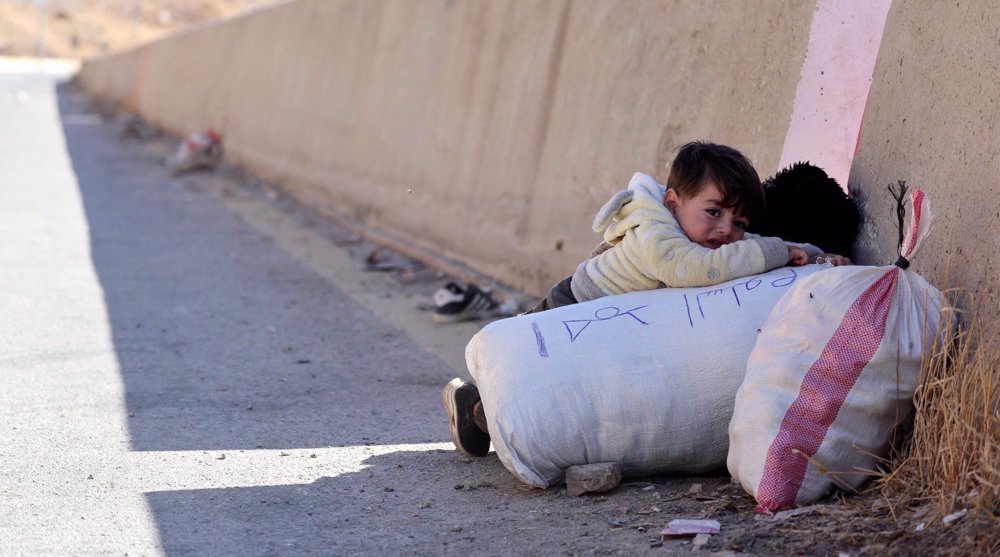
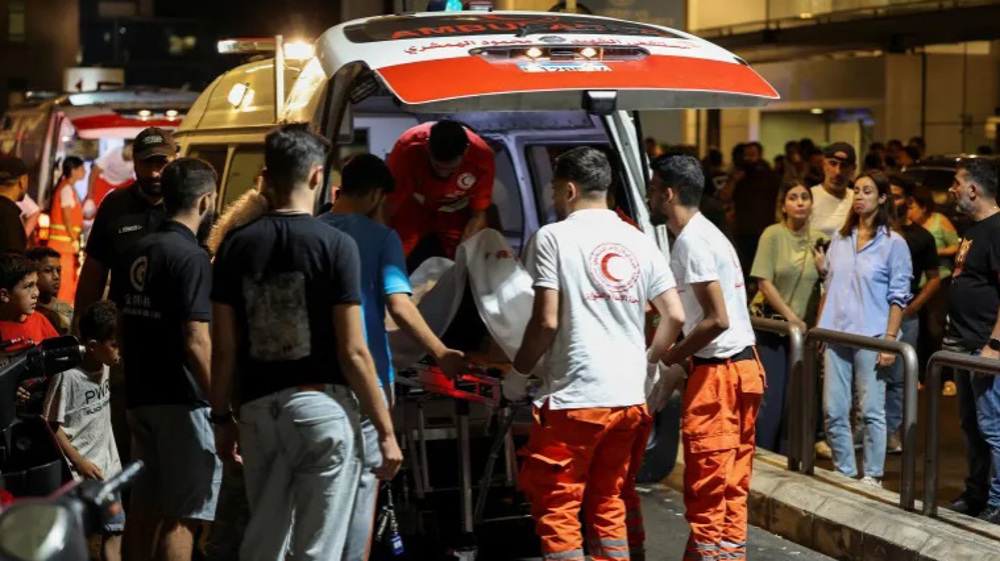

 This makes it easy to access the Press TV website
This makes it easy to access the Press TV website